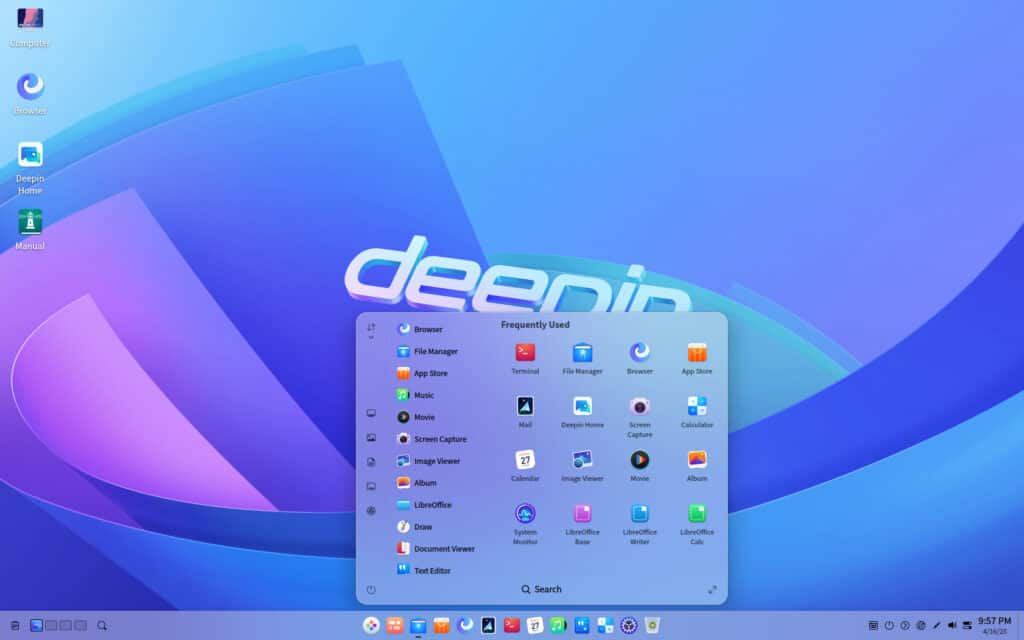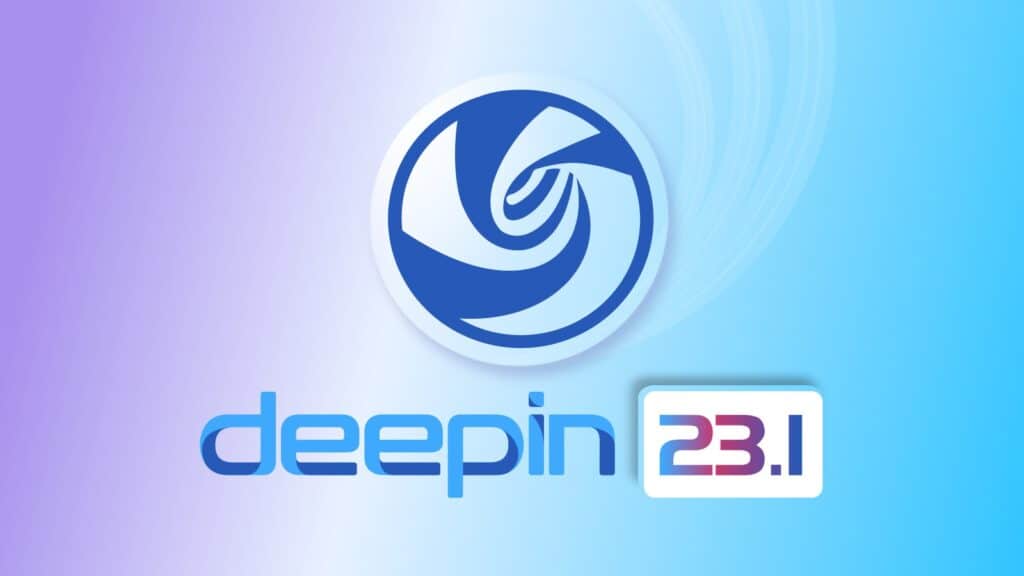Deepin, a Debian-based Linux distribution developed by the Chinese company Deepin Technology, has just unveiled the first maintenance update, 23.1, to the major 23 release, which came out mid-last year.
The new version brings notable benefits to hardware compatibility. It integrates kernel updates to versions 6.6 and 6.12, as well as NVIDIA driver upgrades and Intel/AMD CPU microcode updates.
The developers also highlight the refined synergy of the Deepin Desktop Environment (DDE), including an all-new smart mirror source management feature and a more compact mode entry for self-developed apps.
Additionally, Deepin 23.1 elevates the user experience by focusing on core feature enhancements and AI-powered improvements. Users can expect an upgraded UOS AI component—now running on the DeepSeek engine by default—with integrated web search, local model deployment, and text error correction for more intelligent functionality.

Moreover, the Global Search feature has embraced offline natural language processing capabilities and can handle tasks like document summarization or text translation.
On the developer front, the updated App Store stands out with expanded cross-platform support for Debian-, Ubuntu-, Arch-, and Fedora-based subsystems. This move significantly simplifies launching and managing software packages, whether through DEB or Linyaps formats.
Speaking of Linyaps, Deepin’s in-house-developed packaging system, similar to Flatpak, allowing applications to be packaged once and distributed across multiple platforms, developers can now manage multiple remote repositories and enjoy build tool optimizations.
Concerning stability, the Deepin team notes that over 100 user-reported issues have been resolved, covering everything from DDE performance quirks to file manager fixes and improved cross-device collaboration.
For more information, see the release’s announcement. If you opt for a fresh install, keep in mind that the installer requires at least 64GB of disk space. Additionally, since the distribution is a bit heavy, ensure that your hardware is fairly recent to take full advantage of its features and aesthetics.

I’ve read enough scifi to know I won’t be using an OS with integrated AI anytime soon…